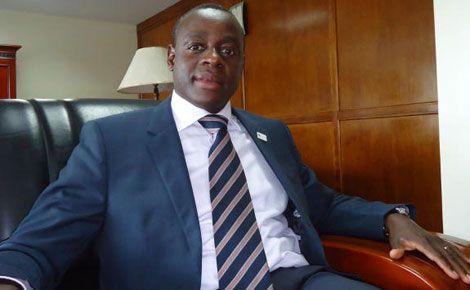×
The Standard e-Paper
Home To Bold Columnists
 |
| Shelter Afrique Managing Director James Mugerwa. |
Shelter Afrique Managing Director James Mugerwa says home ownership through loans and mortgages can’t work for all Kenyans and it is ok to be a renter:
1. Shelter Afrique is planning a three-day conference on the rental situation in the country and on the continent. What informed the move?